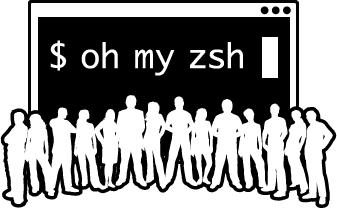https://gist.github.com/ljharb/58faf1cfcb4e6808f74aae4ef7944cff
While attempting to explain JavaScript's reduce method on arrays, conceptually, I came up with the following - hopefully it's helpful; happy to tweak it if anyone has suggestions.
JavaScript Arrays have lots of built in methods on their prototype. Some of them mutate - ie, they change the underlying array in-place. Luckily, most of them do not - they instead return an entirely distinct array. Since arrays are conceptually a contiguous list of items, it helps code clarity and maintainability a lot to be able to operate on them in a "functional" way. (I'll also insist on referring to an array as a "list" - although in some languages, List is a native data type, in JS and this post, I'm referring to the concept. Everywhere I use the word "list" you can assume I'm talking about a JS Array) This means, to perform a single operation on the list as a whole ("atomically"), and to return a new list - thus making it mu
